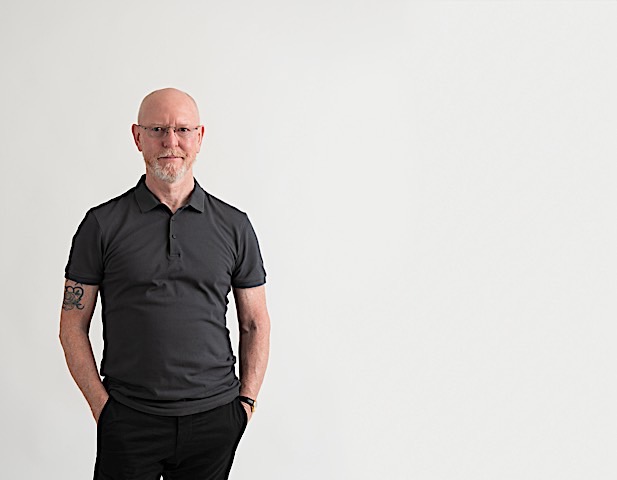Hello
Welcome to the Wisepreneurs Newsletter.
You will have signed up to receive this email on the wisepreneurs.com.au website.
Ageing, gender, work and self employment
Professional women, if not most women, are finding that they are often paid far less than men doing much the same work. This is occurring, even in fields where women make up the majority of employees such as health services. Combining gender bias with age-bias means women are getting a raw deal.
The point of this newsletter is that while you may be working in a professional position, as you age, you may find that your salary is not comparable to men performing the same work, as in the recent BBC pay exposure, and that due to the precarious nature of work, that you may want to explore other options for work.
I am not advocating quitting your job and going freelance, just to look ahead and think about some future possibilities.
Work is precarious, especially for older Australians, both men and women. Businesses go broke or become uncompetitive; large and small companies outsource work overseas to cheaper labour; workers get retrenched; and that work is being hollowed out by use of technology.
With a quarter of the Australian population now over 50, at 16% of the workforce, their participation is declining further as they age. If you were one of the unfortunate 200 000 Australians over 50 it took an average of 68 weeks to find work. The figures were similar for Britain.
Productivity does not decline with age, just changes. While the 45-64 year old may start to slow down physically, depending on the work, and to some extent may find learning new technology challenging, they are far from non-productive. With process work the research indicates that older workers are more careful, due to experience, and make less mistakes than younger workers. When they work in a mixed-age team the productivity of the team actually increases. As the saying goes, ‘there’s no substitute for experience’.
Older retrenched or retired workers, through shortage of money, either have, or are considering, starting a business or joining the sharing or gig economy.
Dr Alex Maritz, professor of entrepreneurialism, Latrobe University reported for the NBN that in 2016, some 14 000 businesses were started by over 60 year olds. In the US, The 2017 Kauffman Index of Startup Activity showed an increase in start up activity for the 55 - 64 age group from 15% in 1996 to over 25% in 2016.
When it comes to knowledge work, it’s another story - there is little or no decline in knowledge and it actually increases through your 50’s and 60’s.
- The first woman to win the Nobel Prize for Economics was Elinor Ostrom, 76, a professor at the University of Indiana in 2009 . She shared her prize with Oliver Williamson, also 76, who taught at the University of California, Berkeley.
- Barbara Liskov, at 70-year-old MIT professor won the Association for Computing Machinery’s A.M. Turing Award in 2009 for her work in designing computer programming languages. She still works as Institute Professor in the Department of Electrical Engineering and Computer Science at MIT
- Carmen Herrera, a painter and still working at 101, sold her first painting at age 89. Today her work is in the permanent collections at the Museum of Modern Art and the Tate Modern.
While these aren't examples of mundane jobs, they indicate that intellectually, women, and older men, can hold their own.
A significant indicator for professional women considering self-employment (2017 Kauffman Index) showed that women with a degree starting a business grew from 24% in 1996 to 30% in 2016. They were more likely to start a business focusing on a market opportunity they’d identified.
A market opportunity occurs when a problem is found, either at work, or outside of work, solved, and the solution commercialised. The women involved, created a product or service and sought enough paying customers to make a living. This is easier to do than starting a business through necessity, due to lack of funds, and often, far more successful.
If you are concerned about your current work, and that you have deep knowledge in your field of expertise, you may already have a few ideas you’ve been mulling over.
Combine this with your skills, knowledge and experience, and it may be enough to provide you with an opportunity to start exploring some business ideas.
While you may not be ready as yet, the best time to start exploring these options is now, as you never know where it might lead.
References - while I have read quite widely, and sourced information from a range of publications and articles, I haven't included many of them here.
If you feel that I need to do this in future, please email me your thoughts.
Or if you have any comments or would like to suggest future articles, please feel free to reply to this email.
cheers
Nigel Rawlins
wisepreneurs.com.au
Please consider linking up with me on Facebook or twitter
https://www.facebook.com/wisepreneurs
https://twitter.com/wisepreneurs
Upcoming Seminar
Making the shift to self-employment for professional women
I am running a seminar during Women’s Week of the Small Business Victoria Festival, August 15, 11am - 1pm in Melbourne, $15, more information here: https://wiseprnr.com/2rZNFls





